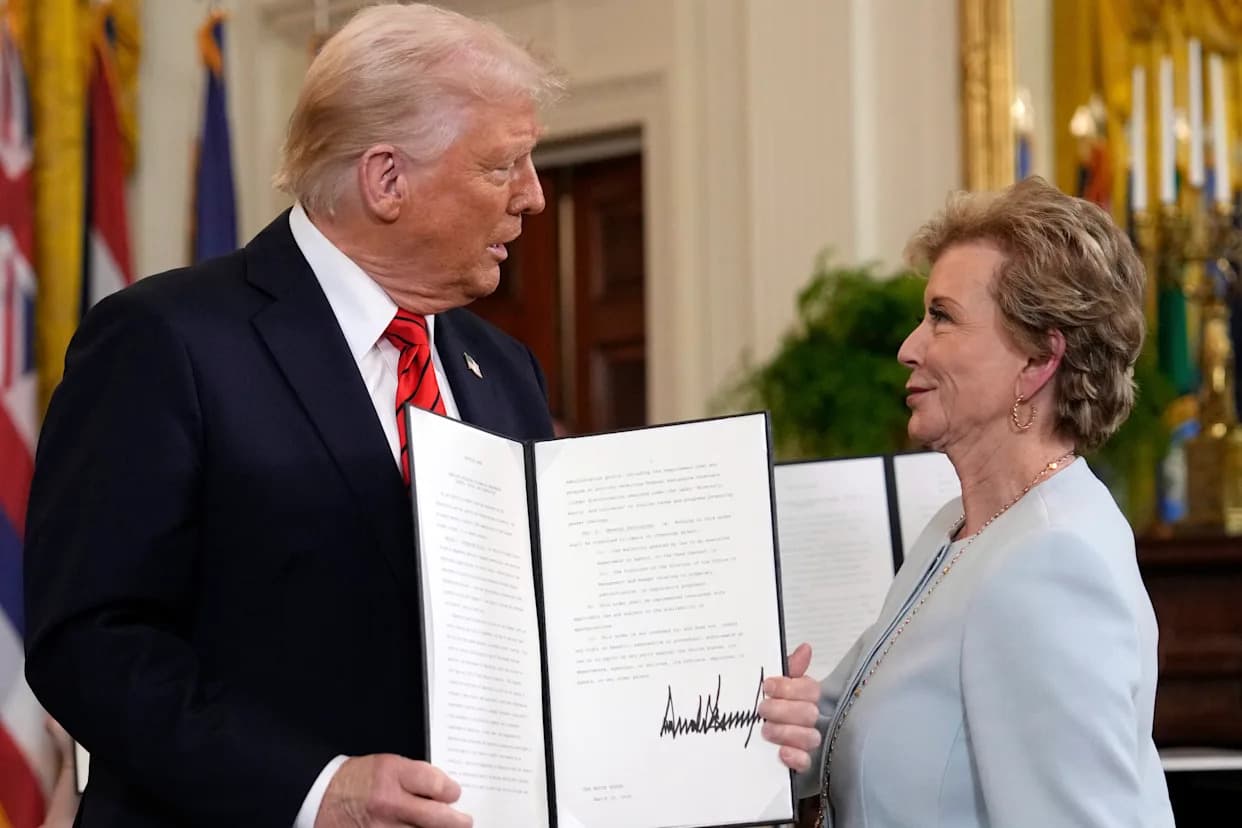Public trust in many public universities is frayed. While some government interventions are misguided, university leaders and faculty have grown distant from the taxpayers who fund them. Key issues—governance, the differing public value of disciplines, the scope of academic freedom, and classroom practice—need clear, detailed public conversation. Restoring confidence requires transparency and candid engagement rather than abstract appeals to autonomy.
How Public Universities Can Rebuild Trust with the Taxpayers Who Fund Them

Universities must rebuild a nuanced conversation with the public
The deep distrust between many conservative communities and public universities will not be resolved quickly. I strongly oppose some federal and state efforts to dictate university operations, but university leaders and many faculty have drifted away from the taxpayers whose dollars sustain them. Rebuilding trust requires clear, specific engagement rather than abstract appeals to academic autonomy.
Governance: who decides and how?
Public institutions rely heavily on taxpayer support, yet too often university leaders speak primarily to peers about what benefits the academy rather than explaining how their decisions serve the public interest. Imagine a government-funded body that insists it alone can evaluate its mission and performance and that funding must continue without conditions. To many Americans, that posture describes public universities today—and it leaves them unconvinced.
Research, disciplines and public value
Universities can rightly argue that much research—especially in the sciences—requires specialized expertise to assess and yields clear economic, medical, environmental and defense benefits. But that point does not end the conversation. Not every discipline produces similarly tangible returns. What, then, justifies unconditional independence for all departments, including many in the humanities?
Science benefits from replication and empirical safeguards; many other disciplines lack those mechanisms and are more explicitly value-laden. That raises legitimate questions: why should faculty values determine how taxpayer money is spent, and can colleagues who share similar commitments impartially judge one another?
Academic freedom: scope and limits
Academic freedom is vital for discovery and critique. Scholars require protection from undue political interference so they can pursue controversial or unpopular ideas within their specialties. Still, its scope deserves discussion. Does academic freedom justify broader liberties for scholars than for other public employees? Should an academic appointment grant extra latitude to speak on topics far beyond one’s expertise?
Consider a hypothetical: two public university employees comment on an abortion law—one a French literature professor, the other a nurse who cares for pregnant patients. Should the professor receive greater protection from repercussions simply because they are an academic appointee? These are difficult questions that merit a frank public dialogue.
Teaching: duties, content and classroom climate
Taxpayers reasonably expect public universities to be teaching institutions as well as research centers. Yet some faculty devote little time to instruction and sometimes appear to resent teaching assignments. Course objectives often focus on developing critical thinking rather than narrowly defined job skills—a defensible aim—but repeated complaints allege that debate and inquiry are sometimes suppressed in service of a professor’s ideological agenda. Whether those complaints are accurate in individual cases or overstated, faculty should engage openly about classroom practices and expectations.
What public universities should do
Universities should move beyond abstract defenses of autonomy and offer detailed, transparent explanations of governance structures, how research benefits the public, how academic freedom is defined and limited, and how classrooms are managed to encourage open inquiry. That means inviting public conversations, explaining disciplinary differences, and outlining the safeguards that preserve both rigorous scholarship and public accountability.
Conclusion
Whoever speaks for public universities must engage in sustained, careful dialogue with taxpayers. Nuanced answers, institutional transparency, and a willingness to listen will do more to restore trust than repeated exhortations about faculty governance alone.
Alan Brownstein is professor of law emeritus at the University of California, Davis School of Law.
Help us improve.


































